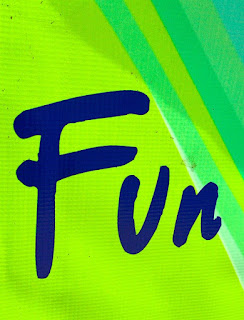 “I am not discouraged, because every wrong attempt discarded is another step forward.” - Thomas Edison
“I am not discouraged, because every wrong attempt discarded is another step forward.” - Thomas Edison
Use of the imagination stimulates travel into a wilderness of mind and movement where connections and cross-overs exist. Mistakes happen as one careens in search of mysteries.
Often a stumble on the path leads to a butterfly hidden in a tree's root system. Foraging into the density of undergrowth uncovers beetles and ladybugs.
Dragonflies chased with a camera might defeat a photographer. When a song sparrow's call excites, its wings move faster than the shutter on a cell phone.
Missed photographs do not discourage. Determination energizes the stalking mind and eye.
A step forward. A head's turn. A sit and wait. All lead to success.
Photos that blur still provide clues and insights. Patience and perseverance outlast creatures' antics.
Forged with determination and patience, a photographer occasionally turns away in despair. Then captures an osprey as it arrives with dinner and takes time to munch.
A true believer in failure as motivation, Thomas Edison welcomed mistakes and challenged rules. As a result he probed the unknown and experimented with the unseen. He recast the idea of failure as a learning opportunity.
Edison claimed, “Many of life’s failures are people who did not realize how close they were to success when they gave up.”
With a diary that had over 5 million pages, Edison felt writing ideas expanded his creativity. This helped him discover an awareness of patterns in thinking and actions. He claimed he liked, "to find out what the world needs. Then I go ahead and try to invent it.”
Edison bragged, “I make more mistakes than anyone else I know, and sooner or later, I patent most of them.”
If writers and photographers risk with mistakes, challenge rules and move beyond them, they can make discoveries about themselves and their art. What a way to applaud the fearless persistence, positivity and perspective that Thomas Edison maintained.
Edison's thoughts spark creativity, “There are no rules here — we’re trying to accomplish something.”
































